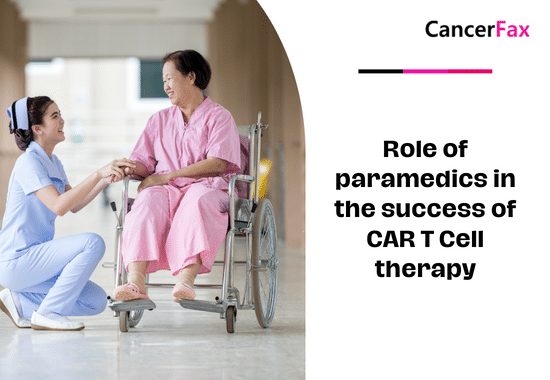Scientists at the University of Delaware and the University of Illinois at Chicago have discovered a new way to kill liver cancer cells and inhibit tumor growth. First, silence a key cellular enzyme, then add a potent drug. This research can accelerate the development of new treatments for liver cancer that are currently difficult to cure. Surgery is usually not an option for liver cancer, and the available drugs have limited efficacy. According to the National Institutes of Health, more than 82% of liver cancer patients will die within five years. The researchers cultivated liver cancer cells and manipulated the expression of an enzyme called hexokinase-2. Then, the cells were treated with metformin, a diabetes drug that reduces glucose production in the liver. Then, examine how cancer cells respond to the loss of hexokinase-2, an enzyme that helps cells metabolize food-derived glucose. Mass spectrometry was used to analyze cancer cells and then determine the metabolic flux of cells with and without hexokinase-2. They suspected that cells losing hexokinase-2 would starve to death, but surprisingly, targeting hexokinase-2 had only a minor effect on stopping cancer cell growth. Another weapon, metformin, can help stop cancer cells from growing. We show that targeting hexokinase-2 can indeed be a successful strategy for cancer treatment, and that it requires the use of metformin as a second-generation compensation mechanism.Finally, a team from the University of Illinois at Chicago tested the effect of removing the combination of hexokinase-2 and the liver cancer drug sorafenib on liver cancer tumors in mice. This combination was better than the treatment alone.

Izpratne par citokīnu izdalīšanās sindromu: cēloņi, simptomi un ārstēšana
Citokīnu atbrīvošanās sindroms (CRS) ir imūnsistēmas reakcija, ko bieži izraisa noteiktas ārstēšanas metodes, piemēram, imūnterapija vai CAR-T šūnu terapija. Tas ietver pārmērīgu citokīnu izdalīšanos, izraisot simptomus, sākot no drudža un noguruma līdz potenciāli dzīvībai bīstamām komplikācijām, piemēram, orgānu bojājumiem. Vadībai nepieciešama rūpīga uzraudzība un iejaukšanās stratēģijas.
